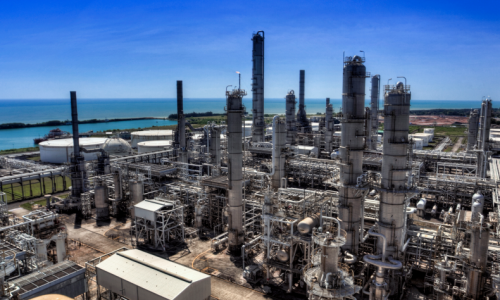The Indonesian government is planning to build a Light Rail Transit (LRT) system in Bali, with a project value of US$10.8 billion (Rp167 trillion).
Minister of Transportation Budi Karya Sumadi said on Monday, September 9, 2024, that two investors will be involved, comprising both domestic and foreign investors.
Bali’s provincial administration previously appointed PT Bumi Indah Prima to lead a consortium of investors for the Bali LRT project. One of the interested investors is from South Korea.
“The South Korean investor, as far as I know, remains actively involved in the Bali LRT project. Additionally, several local investors have expressed interest in joining,” Budi Karya said.
The Bali LRT project is planned to be carried out in four stages. The first phase will connect I Gusti Ngurah Rai International Airport to Canggu via Seminyak and Berawa.
The second phase will link I Gusti Ngurah Rai International Airport to Nusa Dua through Jimbaran and Pandawa. The third phase will connect Kuta to Sanur via Renon and Sesetan, and the fourth phase will connect Renon to Ubud through Sukawati.
The total investment required to complete these four stages is estimated at US$10.8 billion.
The South Korean government plans to finance part of the project through an Official Development Assistance program worth Rp8.8 trillion.
Coordinating Minister for Maritime Affairs and Investment Luhut Binsar Pandjaitan previously expressed hope that construction of the Bali LRT could begin by early 2024.
The development is deemed necessary to alleviate traffic congestion, as Ngurah Rai Airport is expected to handle 24 million passengers by 2025.
“President has decided to conduct a study for the Bali LRT from the airport to Seminyak, and possibly to Canggu, covering a distance of 20 kilometers,” Luhut said.










